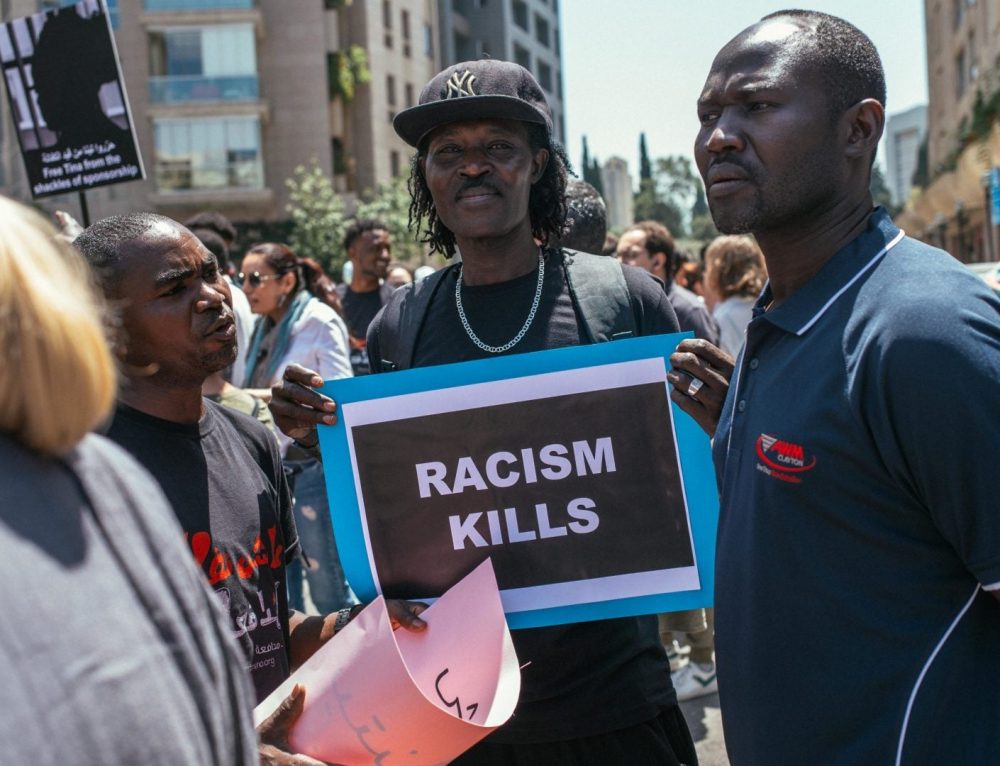A recent study from Brunswick found US workers want leaders to discuss COVID-19’s impact on minority communities, racial discrimination, and police brutality.
Black and Latinx employees are seeking firm and supportive communication from their leaders in an attempt to end institutionalized racism at work.
Through an exclusive research partnership with Business Insider, the advisory firm Brunswick found that half of African-American and Latinx employees want managers to discuss racial discrimination and police brutality in the workplace. About 43% of Black employees and 32% of Latinx workers want leaders to discuss topics of race in the workplace compared to just 23% of white employees.
Findings from Brunswick also shows that 38% of Black workers and 33% of Latinx workers want leaders to communicate more about COVID-19’s impact on minority groups. As Black employees are especially affected by images and news reports about police brutality, many of the surveyed workers also agree that addressing mental health for employees of color is also vital, as mental health experts recently told Business Insider these recent events can even trigger symptoms of post-traumatic stress disorder or PTSD among many inside their community, weather or not they have been subject to police brutality. To address PTSD, mental health experts recommend leaders look for signs of mental fatigue in their employees and allow workers to take more frequent breaks.
Time to adress reality
Brunswick’s data shows 24% of employees want leaders to address the recent protests. But it’s important for leaders to bring up these issues in a thoughtful way.
In the wake of the death of George Floyd, many companies across the country have released diverse statements regarding the ongoing protests, even pledging financial support for the #BlackLivesMatter movement. From Nike, to Ford, to Amazon, Airbnb, Coca-Cola, and Youtube, through and across industries, all have said to stand beside their workers, however, Business Insider’s Shana Lebowitz states that the most effective announcements take accountability for past mistakes on racial diversity. For example, Anne Wojcicki, CEO of 23andMe, called out her own missteps in a letter to customers. Wojcicki told her customers that “despite our efforts, I have to honestly say that we are also part of the problem. She wrote:
“I am ashamed to say I do not have a single Black employee who is at Director level or above (…) Our product is euro-centric but must expand to be inclusive and equitable.”












